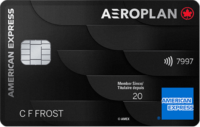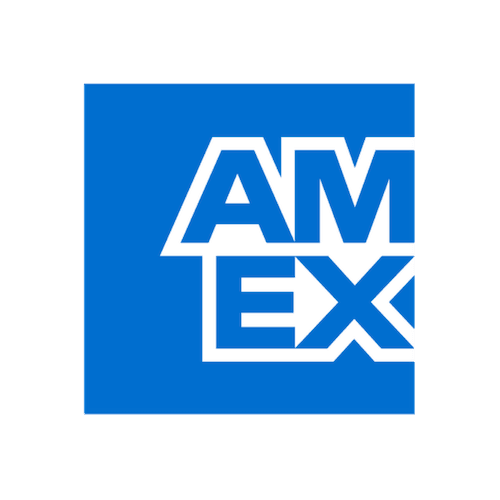
There are two different types of registration for your mortgage. These are a “mortgage charge” or a “collateral charge,” and they have some notable differences from each other.
When looking at a mortgage charge, your lender will register your property with the registry/land title office in your local municipality. The mortgage is then registered with your lender. If the mortgage needs to be transferred or discharged, this is also processed through your lender.
However, when looking at a collateral charge, this can only be registered or discharged via your lender: it cannot be transferred.
What is a Collateral Mortgage?
A collateral mortgage allows you the ability to get more money from your lender throughout the mortgage period as the value of your property increases, without the requirement for a mortgage refinancing agreement. This is what is called a readvanceable mortgage product.
To achieve this, your lender will register your property with a collateral charge. This is comparable to what a lender would do for a home equity line of credit. This gives them the ability to have a higher charge than the amount of the mortgage requirement.
The key benefit of a collateral mortgage here is the ease of access to additional funds. By registering the property with a collateral charge, you can access your cash at any time, and it is comparatively cheaper than having to refinance or take additional loans out. Besides, no further legal work is required to access the money.
Pros and Cons of a Collateral Mortgage
Pros
- You will have absolute flexibility to access further money from your home at any time.
- There are no extra costs or legal involvement in the access of the extra finance.
- Access to the money is quick and pain-free.
Cons
- There can be significant legal fees if you decide to switch to a different lender at any point. It would be recommended not to apply for a collateral mortgage if you wish to change in the future.
- Your overall debt will increase, and therefore if you require any further secondary financing outside this agreement, you may struggle due to the level of debt which will show on your accounts.
Which Lenders offer Collateral Mortgages?
A collateral mortgage will generally be offered by most conventional lenders. However, two Canadian banks specialize in collateral mortgages, as this is all that they offer. TD Canada Trust and Tangerine.
It would be prudent to discuss with your mortgage broker/advisor whether they offer collateral mortgages or whether the current product you’re looking at is a collateral mortgage or not.
Calculating a Collateral Mortgage
A collateral mortgage will generally be looked at from the point of a percentage of your home value. For example, you may register your mortgage for 125% of the value of the home.
For example, you have just purchased your dream home for $500,000, but it needs some work, so you decide to do a collateral mortgage to help finance the changes you wish to make. You make a 20% down payment of $100,000, and therefore your mortgage is for $400,000.
You may then set up your collateral mortgage for 125%, which would equate to $625,000. However, you can only access the money if the property’s value increases with a reduction based on the amount you still owe on your mortgage.
For example, let’s say you still owed $300,000 on your mortgage (of the original $400,000):
$400,000 original mortgage – $300,000 outstanding = $100,000 available equity.
This means that you could gain access to $100,000.
It is important to note that no matter how much your property goes up by, the most equity you can ever access is what the collateral mortgage was originally registered for (in this case, $625,000). In this case, if your maximum loan to value ratio were 80%, the value of your property would have to increase to $781,250 for you to have access to the full $625,000. This would also be on the basis that you no longer owe any money on the property mortgage.







